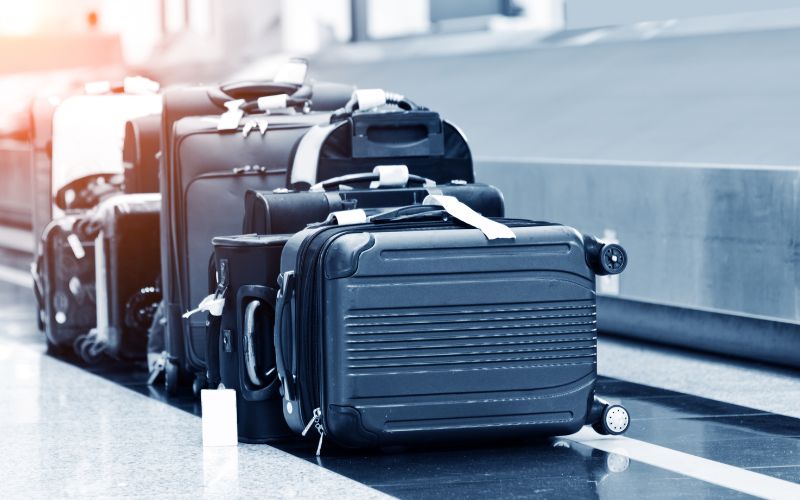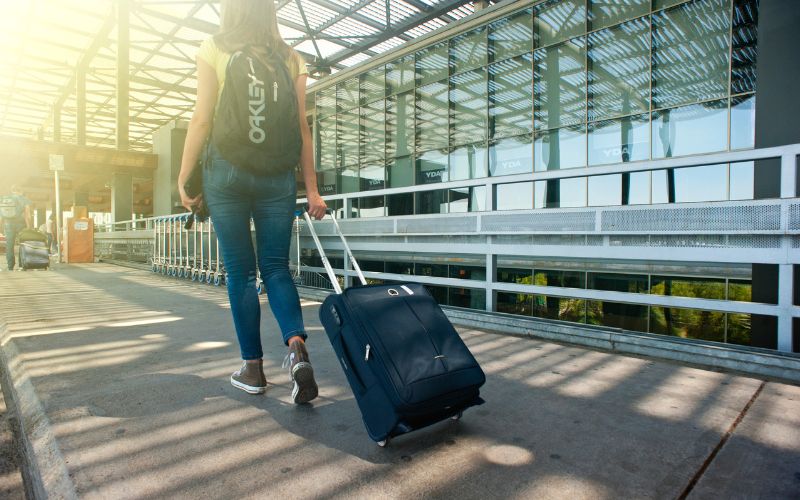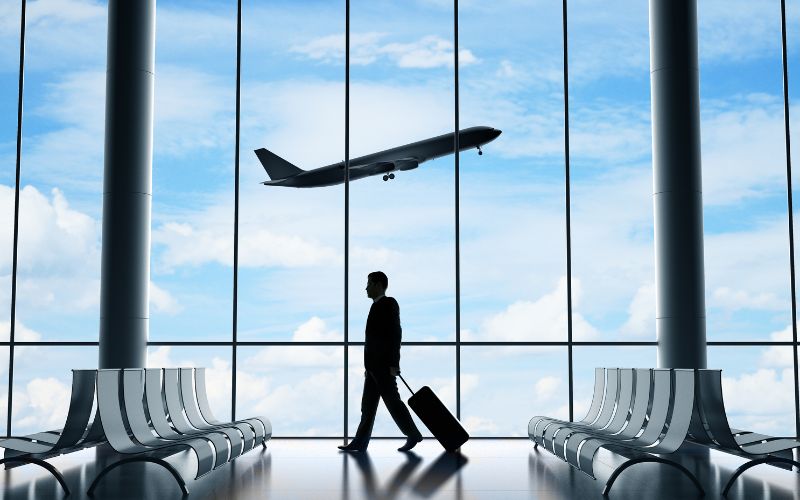
In the realm of business expenses, the question often arises: can you write off luggage as a business expense? As with many tax-related inquiries, the answer isn’t always straightforward. However, understanding the nuances of deducting travel expenses and what qualifies as a business expense is crucial for self-employed individuals and small business owners seeking to optimize their tax deductions.
What Constitutes Business Travel?
Business travel encompasses any journey undertaken for business purposes. This could include business trips, client meetings, temporary work assignments, or any travel directly related to business activities. The Internal Revenue Service (IRS) allows individuals to deduct travel expenses incurred for such purposes, provided they meet certain criteria.
Types of Deductible Expenses

When it comes to business travel expenses, there are several categories that may be tax deductible:
Transportation Costs
Transportation expenses such as airfare, train tickets, car rentals, or vehicle expenses for business-related travel are typically deductible. This includes transportation costs to and from the airport or train station.
Lodging and Meals
Expenses related to lodging and meals during business trips can also be deducted, as long as they are considered ordinary and necessary expenses incurred while away from home for business purposes. This may include hotel stays, meal expenses, parking fees, and business meals.
Other Incidental Expenses
In addition to transportation, lodging, and meals, other incidental expenses directly related to business travel may be deductible. These could include dry cleaning, computer rental fees, business-related tolls, or services related to business activities.
Rules and Requirements for Deducting Business Travel Expenses
Bona Fide Business Purpose
To qualify for deducting business travel expenses, the trip must have a bona fide business purpose. This means that the primary purpose of the trip must be for conducting business activities rather than personal reasons.
Proper Documentation
Proper documentation is crucial when you deduct business travel expenses as business deductions. This includes keeping detailed records of all expenses incurred, such as receipts, invoices, and travel itineraries. Without adequate documentation, tax deductions may be disallowed, and individuals could face tax penalties.
Duration and Destination
The IRS imposes special rules regarding the duration and destination of business trips. Generally, if a trip lasts more than a week or if it includes multiple business destinations, certain expenses may be subject to scrutiny. However, as long as the primary purpose of the trip is business-related, deductions should still be permissible.
Mix of Business and Personal Activities
In cases where a business trip involves a mix of business and personal activities, only expenses directly related to the business portion of the trip are deductible. For example, if a portion of the trip is allocated for personal vacation, only the portion attributable to business activities can be deducted.
Self-Employed Individuals
Self-employed individuals have additional considerations when deducting business travel expenses. Since they often don’t have a traditional place of business, the IRS allows them to claim travel costs associated with trips from their tax home to a temporary work assignment or business destination.

Can You Deduct Luggage as a Business Expense?
Special Considerations for Luggage
While luggage itself may not be explicitly listed as a tax-deductible expense, it can still be indirectly deducted as part of business travel expenses. Business travelers can include luggage costs within their deductions if they meet the criteria for business travel and have proper documentation.
Incidental and Necessary
To justify luggage expenses as tax deductible, it’s essential to demonstrate that the purchase of luggage was both incidental and necessary for conducting business activities. This might include luggage designed specifically for business purposes or equipment essential for business travel.
Documentation and Justification
As with any business expense, proper documentation is key when it comes to deducting luggage costs. Keeping records of luggage purchases, along with explanations of how they were used for business purposes, can help substantiate the deduction in the event of an IRS audit.
Conclusion
In conclusion, while the IRS doesn’t explicitly list luggage as a tax-deductible expense, it can still be included within business travel expenses under certain circumstances. Understanding the rules and requirements for deducting travel expenses, including luggage costs, is crucial for maximizing tax deductions while remaining compliant with IRS regulations. By keeping detailed records and justifying expenses with a bona fide business purpose, self-employed individuals and small business owners can confidently navigate the complexities of business tax deductions.

FAQs
1. Can I deduct the cost of purchasing luggage for business purposes?
While the IRS doesn’t specifically list luggage as a tax-deductible expense, it can be indirectly deducted as part of your business travel expenses. To qualify, you must demonstrate that the purchase was incidental and necessary for conducting business activities, and proper documentation of the expense is essential.
2. Are luggage costs considered ordinary and necessary expenses for business travel deductions?
Yes, if you can justify that the luggage was essential for conducting business activities during your trips. Ensure you keep detailed records and documentation to support the necessity of the luggage for business purposes to maximize your tax deductions.
3. Can I include luggage expenses in my overall business travel deductions?
Absolutely. Luggage costs can be included in your overall business travel expenses, along with transportation, lodging, meals, and other incidental expenses directly related to business travel. However, ensure you meet all IRS criteria and maintain proper documentation for all expenses.
4. What if I use my luggage for both personal and business travel?
If your luggage serves a dual purpose for both personal and business travel, you can only deduct the portion of the expense that relates directly to your business activities. It’s crucial to accurately allocate expenses and maintain documentation to support your deductions.
5. How can I ensure I’m compliant with IRS regulations when deducting luggage expenses?
To ensure compliance and maximize your deductions, maintain meticulous records of all business-related expenses, including those for luggage. Keep receipts, invoices, and any other relevant documentation to substantiate your deductions in case of an IRS audit. Additionally, consult with a tax professional for personalized guidance tailored to your specific circumstances.


